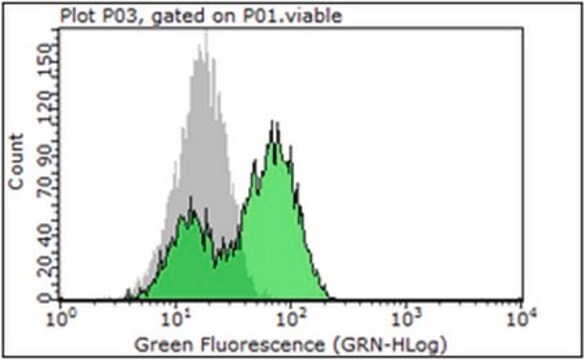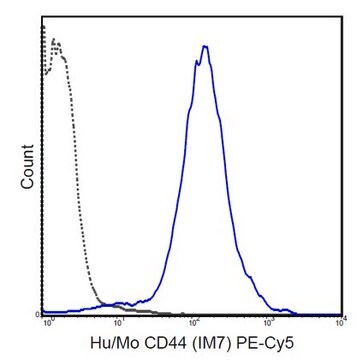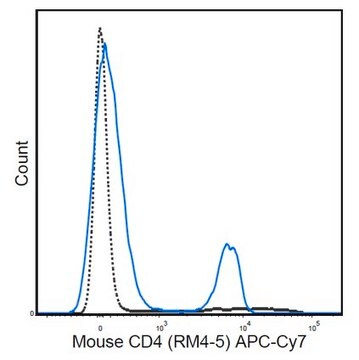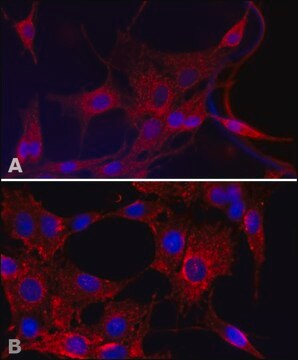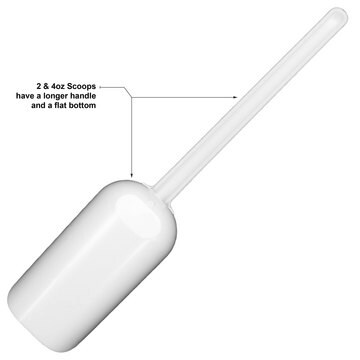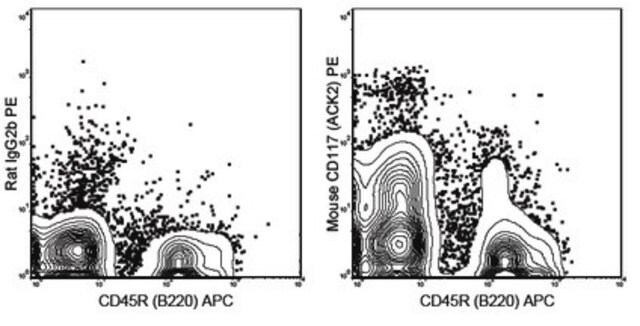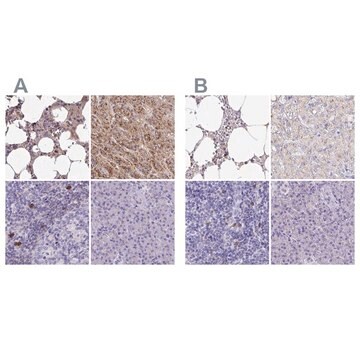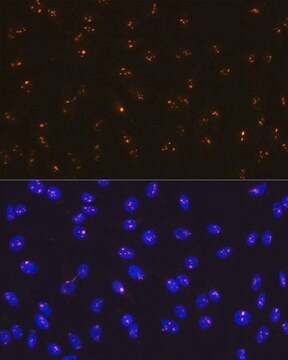MABF580
Anti-CD44 Antibody (human/mouse), APC, clone IM7
clone IM7, 0.2 mg/mL, from rat
Synonyme(s) :
CD44 antigen, Extracellular matrix receptor III, ECMR-III, GP90 lymphocyte homing/adhesion receptor, HUTCH-I, Hermes antigen, Hyaluronate receptor, Lymphocyte antigen 24, Ly-24, Phagocytic glycoprotein 1, PGP-1, Phagocytic glycoprotein I, PGP-I, CD44
About This Item
Produits recommandés
Source biologique
rat
Niveau de qualité
Conjugué
Allophycocyanin conjugate
Forme d'anticorps
purified antibody
Type de produit anticorps
primary antibodies
Clone
IM7, monoclonal
Espèces réactives
mouse, human
Conditionnement
antibody small pack of 25 μg
Concentration
0.2 mg/mL
Technique(s)
flow cytometry: suitable
immunohistochemistry: suitable
immunoprecipitation (IP): suitable
western blot: suitable
Isotype
IgG2bκ
Numéro d'accès UniProt
Conditions d'expédition
wet ice
Modification post-traductionnelle de la cible
unmodified
Informations sur le gène
human ... CD44(960)
mouse ... Cd44(12505)
Description générale
Immunogène
Application
Inflammation & Immunology
Qualité
Flow Cytometry Analysis: 0.125 μg of this antibody detected CD44 in one million C57Bl/6 splenocytes.
Forme physique
Stockage et stabilité
Clause de non-responsabilité
Vous ne trouvez pas le bon produit ?
Essayez notre Outil de sélection de produits.
Code de la classe de stockage
12 - Non Combustible Liquids
Classe de danger pour l'eau (WGK)
nwg
Point d'éclair (°F)
Not applicable
Point d'éclair (°C)
Not applicable
Certificats d'analyse (COA)
Recherchez un Certificats d'analyse (COA) en saisissant le numéro de lot du produit. Les numéros de lot figurent sur l'étiquette du produit après les mots "Lot" ou "Batch".
Déjà en possession de ce produit ?
Retrouvez la documentation relative aux produits que vous avez récemment achetés dans la Bibliothèque de documents.
Notre équipe de scientifiques dispose d'une expérience dans tous les secteurs de la recherche, notamment en sciences de la vie, science des matériaux, synthèse chimique, chromatographie, analyse et dans de nombreux autres domaines..
Contacter notre Service technique